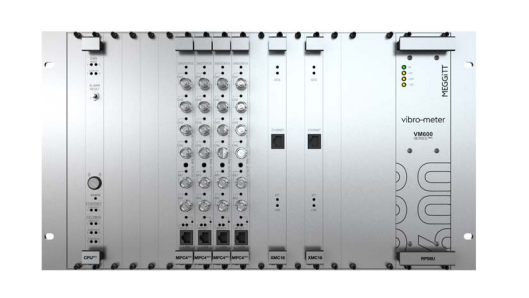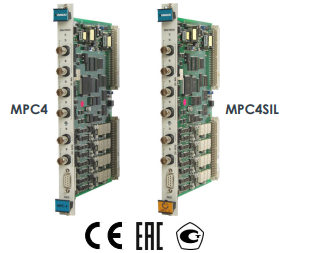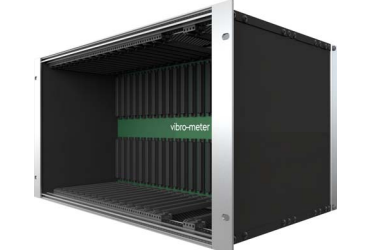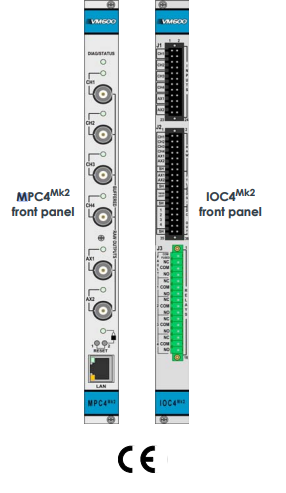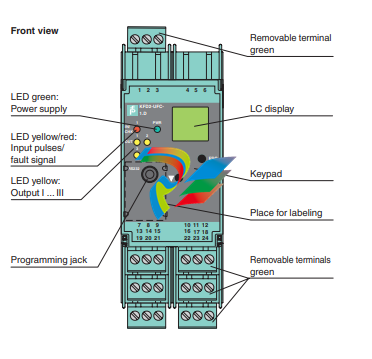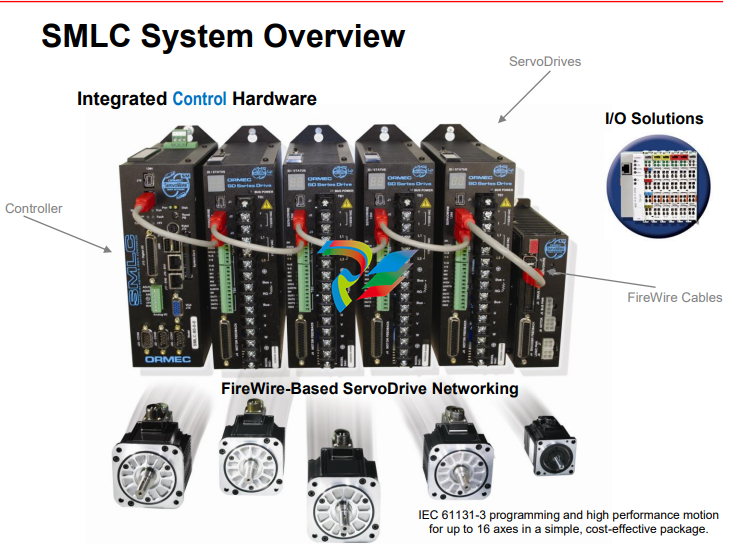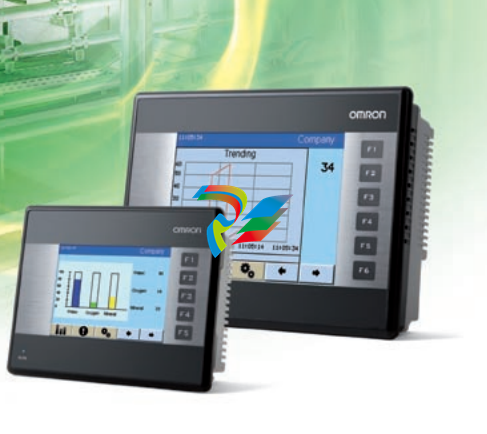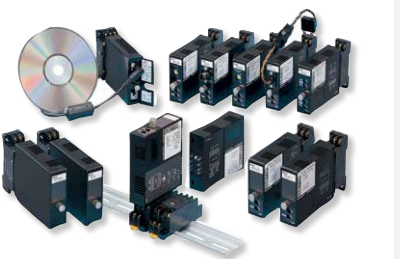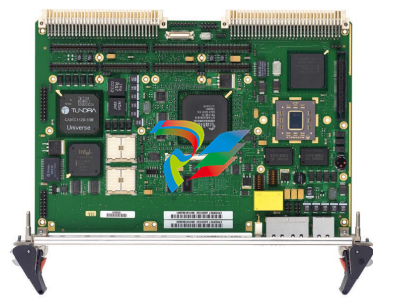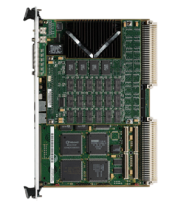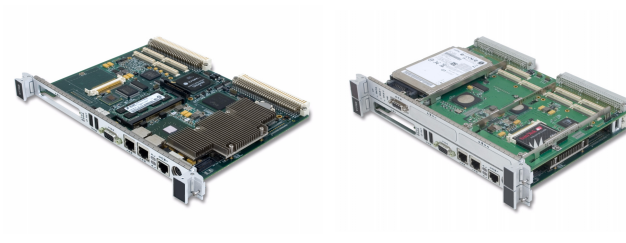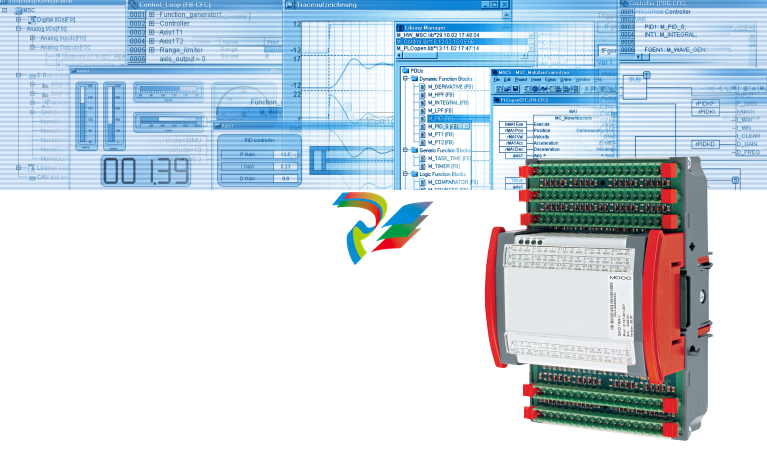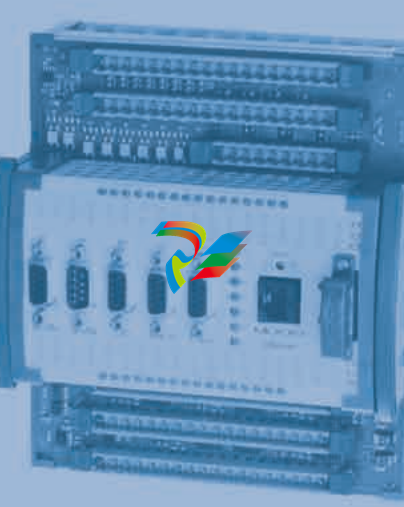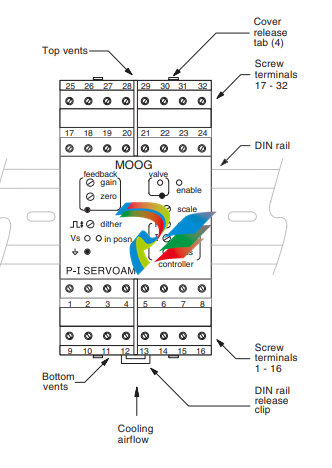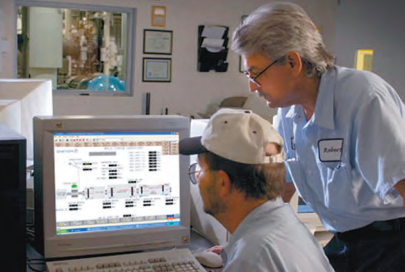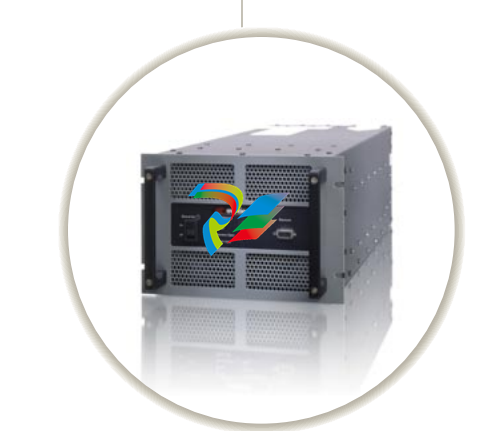
DCS; Industrial control system
Product
Article
NameDescriptionContent
Argument
Current Location:
PRODUCT SHOW
Description
**ABB 3BSE020512R1 AI801: The Versatile Automation Solution for Industry**
ABB 3BSE020512R1 AI801 - 8-Channel Analog Input Module for Industrial Automation

ABB 3BSE020512R1 AI801 - 8-Channel Analog Input Module for Industrial Automation
**ABB 3BSE020512R1 AI801: The Versatile Automation Solution for Industry**
The ABB 3BSE020512R1 AI801 is a state-of-the-art analog input module designed to optimize performance in demanding environments such as the power industry, petrochemical sector, and general automation applications. This module stands out with its robust technical features, impressive input/output capacity, and high reliability, making it an essential component in modern automation systems.
**Key Technical Features**
The ABB 3BSE020512R1 AI801 offers a versatile input/output capacity that supports a wide range of analog signals. With its capability to handle up to 16 input channels, it ensures seamless integration into advanced control systems, allowing for real-time data processing and monitoring. The module exhibits outstanding durability, boasting an operating temperature range of -20°C to +60°C and excellent resistance to electrical noise, which is crucial in industrial settings. Additionally, the AI801 is designed with advanced performance metrics, including high accuracy and precision in signal processing, ensuring that critical data is captured and transmitted without loss.
**Real-World Usage Scenarios**
In the power industry, the ABB 3BSE020512R1 AI801 excels in monitoring various parameters such as voltage, current, and temperature, providing essential data for efficient power management and grid stability. In petrochemical applications, it is instrumental in controlling processes that require precise measurement of fluid levels and chemical concentrations, ensuring safety and compliance with industry standards. Furthermore, in general automation, the AI801 enhances the functionality of control systems by enabling the integration of multiple sensors and devices, streamlining operations while minimizing downtime.
**Comparison with Other ABB Models**
When compared to other models within the ABB lineup, such as the ABB DI810 Digital Input Module for 24V DC and the ABB 3HAC022338-001, the ABB 3BSE020512R1 AI801 demonstrates unique advantages in its analog processing capabilities. While the ABB DI810 is tailored for digital input, the AI801 shines in environments where analog data is critical. Additionally, models like the ABB 3BHE020455R0001 PPD103 B01 offer excellent performance for specific tasks, but the versatility of the AI801 makes it a more adaptable choice for a broad range of applications.
**Complementing Models**
The ABB 3BSE020512R1 AI801 works harmoniously with several other ABB automation products, enhancing overall system efficiency. For instance, when paired with the ABB DI650 for digital inputs, the AI801 allows for comprehensive data acquisition that combines both analog and digital signals. Similarly, the ABB SDCS-IOB-21 3BSE005176R1 can be utilized alongside the AI801 to facilitate advanced control in complex processes. Other complementary models include the ABB ACSM1-04AM-09A5-4+L517 SERVO DRIVER, which can work in tandem with the AI801 for precise motion control, and the ABB PD501 1SAP260100R3001 Analog I/O Module, which further expands the input/output capabilities.
Furthermore, the ABB 3HAC021355-001 can enhance the overall monitoring system by integrating with the AI801 for enhanced data visualization. The ABB 3DDE300410 provides additional functionality, allowing for expanded network communication capabilities, while the ABB CM592-DP 1SAP173200R0001 Communication Module ensures seamless data exchange between connected devices.
In summary, the ABB 3BSE020512R1 AI801 is a powerful analog input module, ideally suited for the power industry, petrochemical sector, and general automation applications. Its unique features, coupled with its compatibility with other ABB models, position it as an indispensable component for reliable and efficient automation solutions. With the ABB 3BSE020512R1 AI801, industries can achieve peak performance, enhanced safety, and streamlined operations, solidifying its place in the future of industrial automation.

Purchase history
| User name | Member Level | Quantity | Specification | Purchase Date |
|---|
Total 0 Record
Customer Reviews
Satisfaction :
5 Stars
No evaluation information



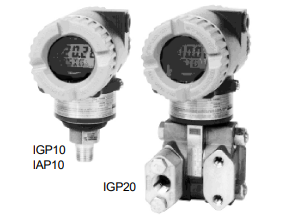
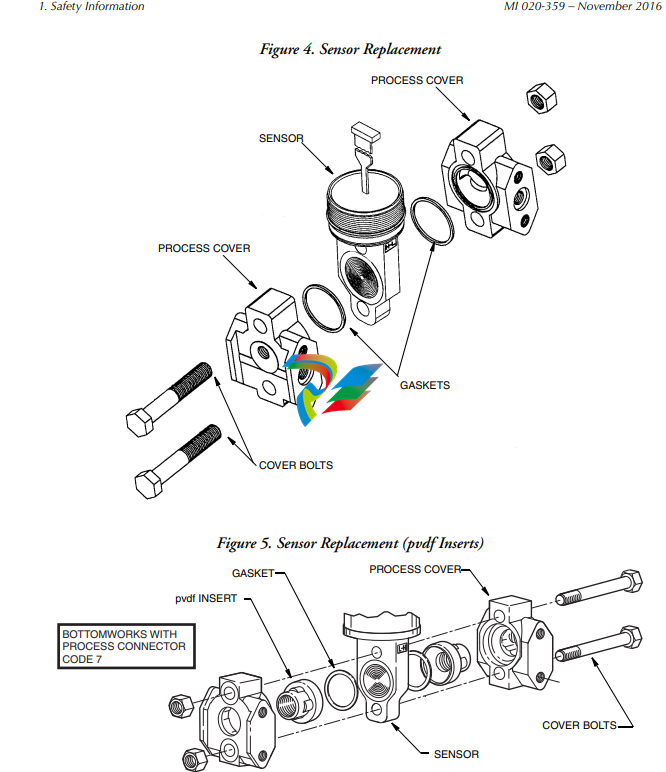
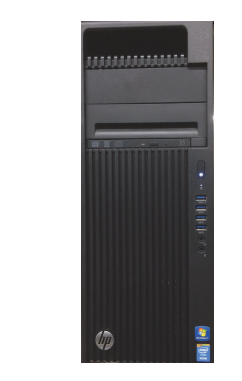

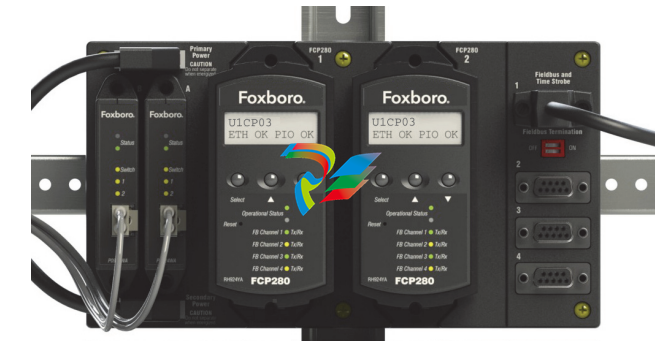
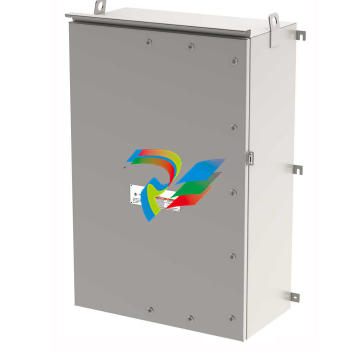
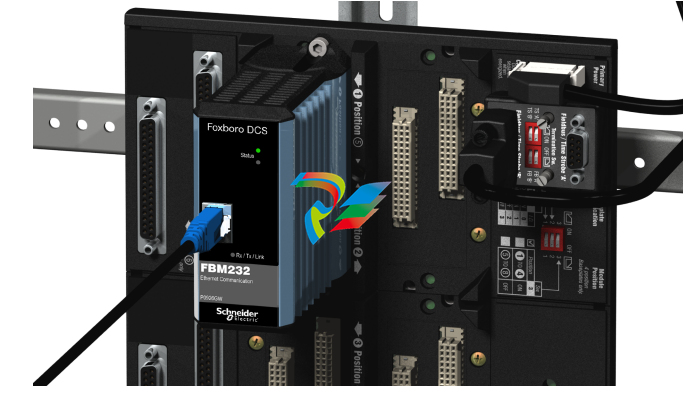
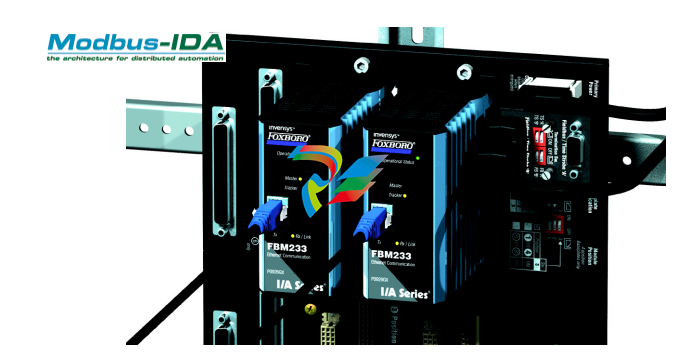
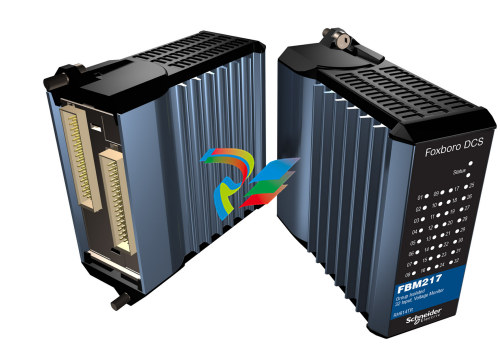

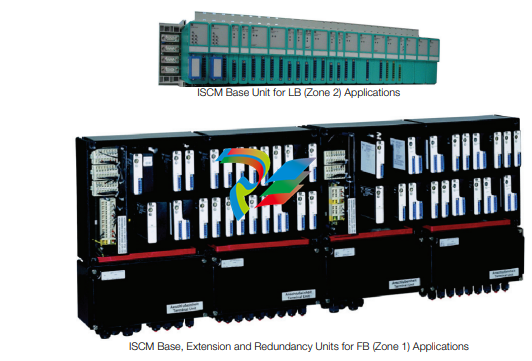
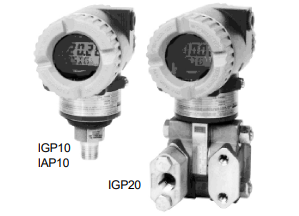

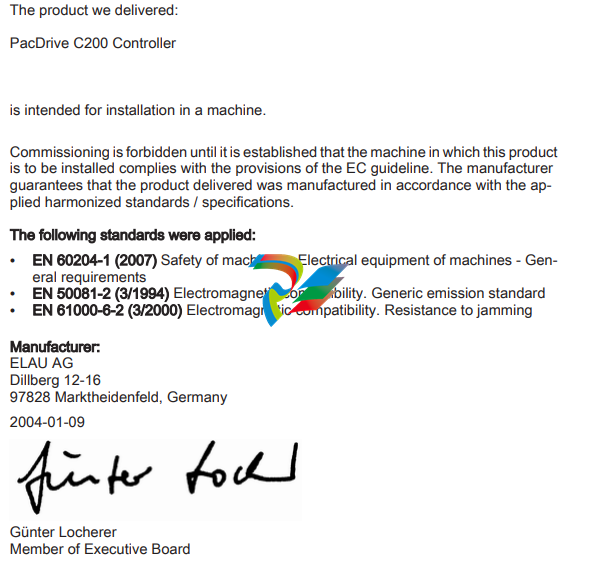
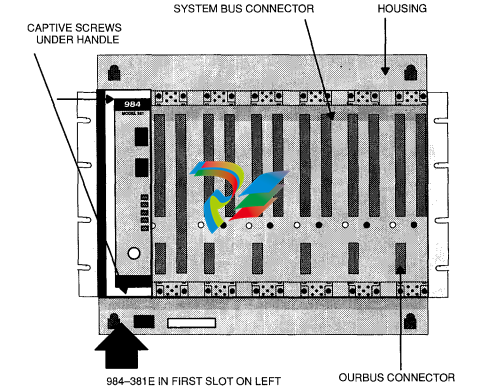

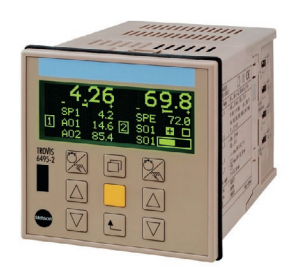
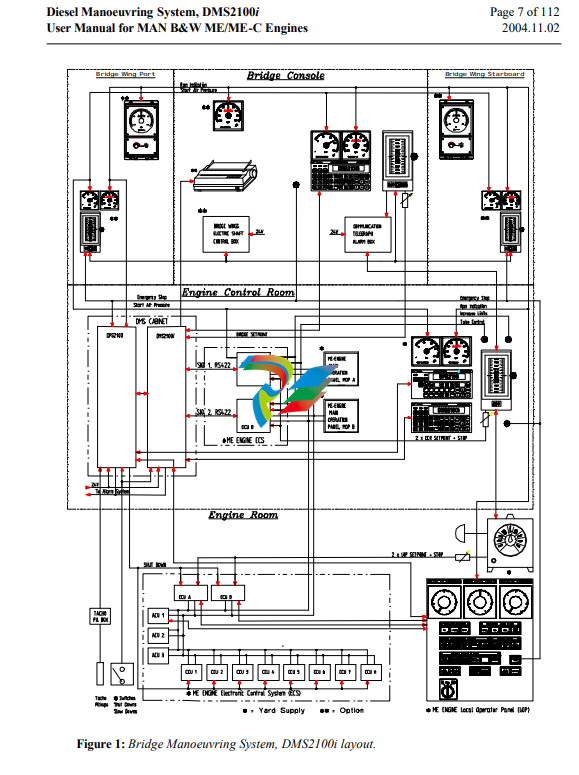
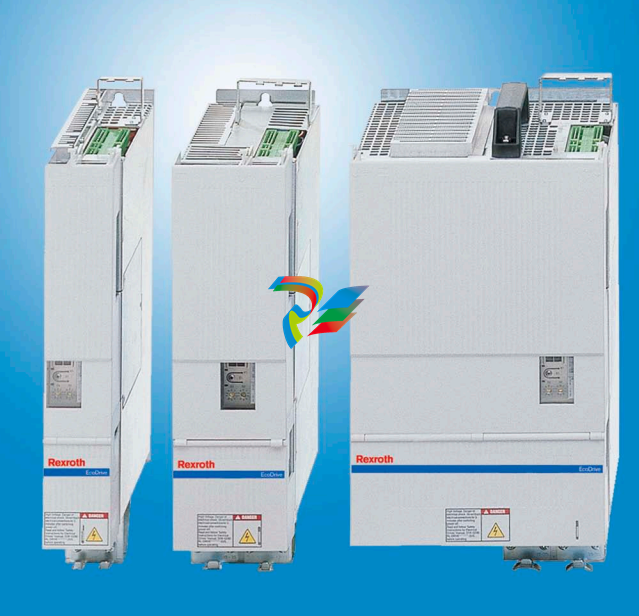
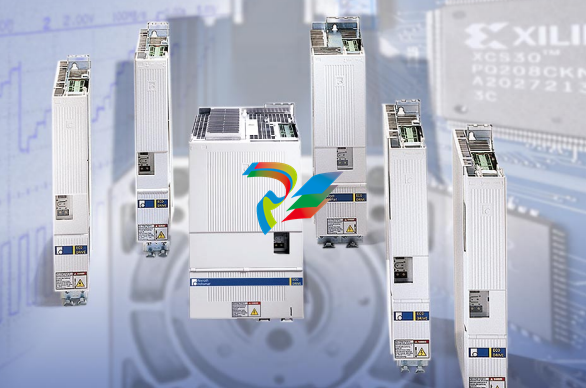
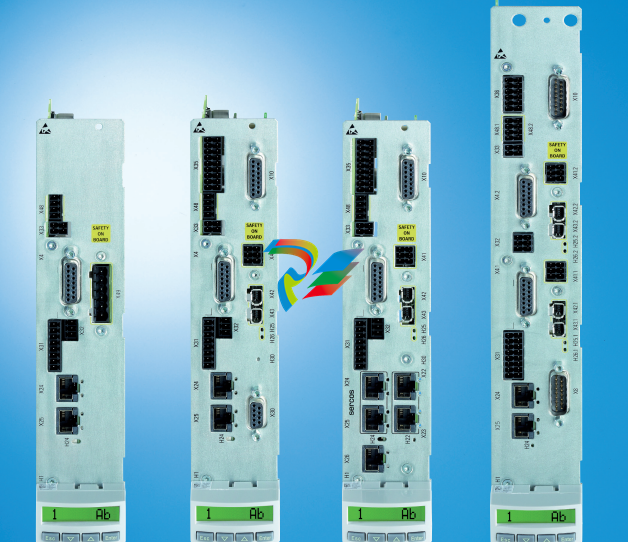

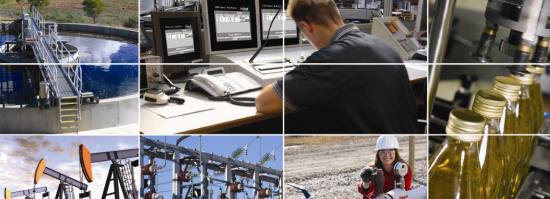
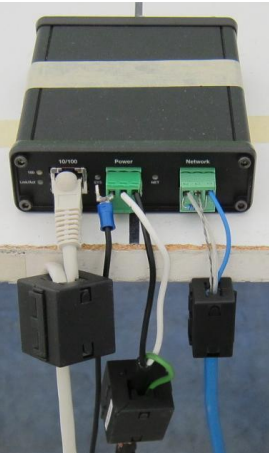
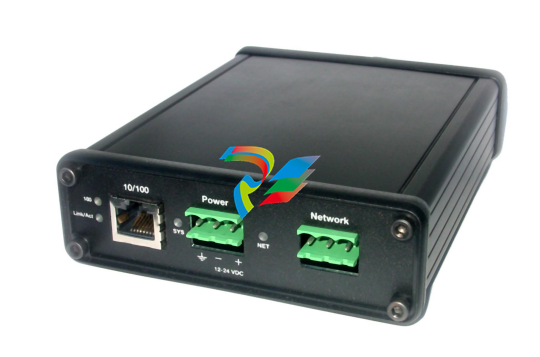
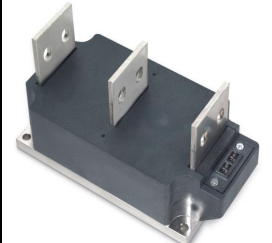

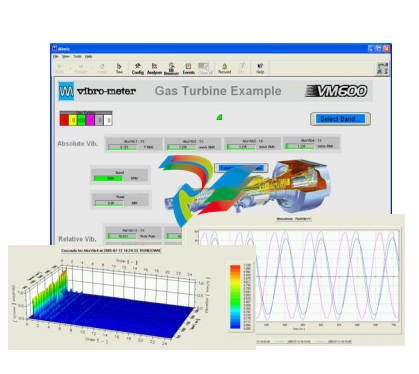
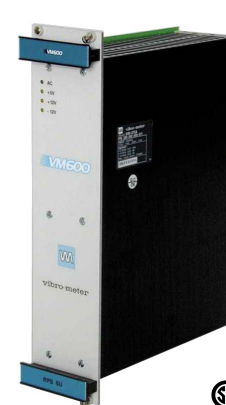
.png)
